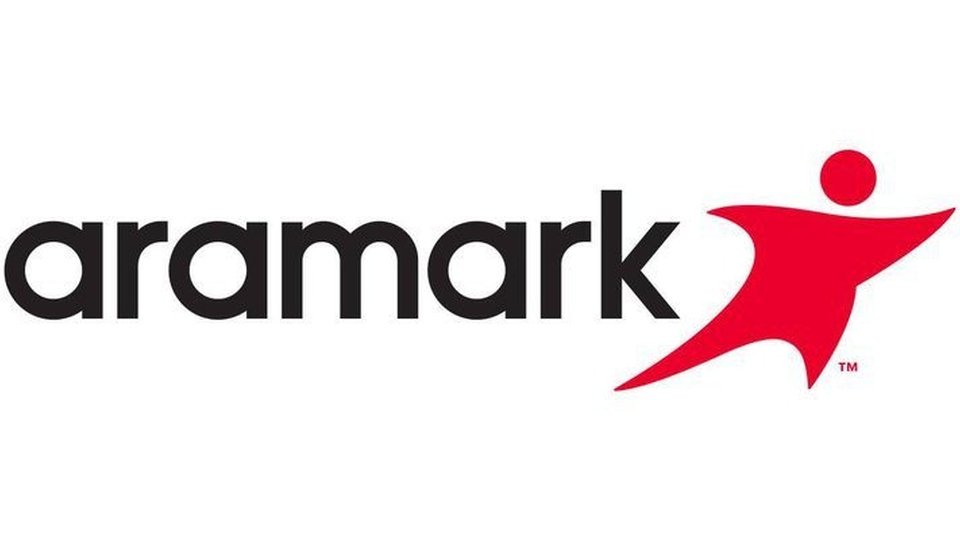Vending
Aramark losses continue for Q2 2021 due to COVID, results beat analyst expectations

May 11, 2021
Second quarter revenue for Aramark Corp. declined from $3.7 billion in Q2 2020 to $2.8 billion in the second quarter ending April 2, 2021 as the company continued to sustain the impact of COVID-19, according to an earnings release.
Net loss for the second quarter improved from a $202 million loss in Q2 2020 to $77.6 million in Q2 2021.
Loss per share improved from 80 cents in Q2 2020 to 30 cents in Q2 2021, on both a basic and diluted basis. Adjusted EPS loss improved from 26 cents in Q2 2020 to 24 cents in Q2 2021.
Second quarter fiscal 2021 results across all metrics were impacted by COVID-19. On a GAAP basis, revenue was $2.8 billion, operating income was $5 million and net loss attributable to Aramark stockholders was $78 million.
The $2.8 billion in revenue beat analyst expectations by $70 million, according to Seeking Alpha, while the non-GAAP 24-cent EPS loss and the GAAP EPS 30-cent loss both beat expectations by 10 cents.
Shares traded at $36.74 today against a 52-week range of $20.16-$43.12.
- Customers in the business and industry sector employed solutions that extend service capabilities. Additional client locations opened throughout the quarter, while companies adopt evolving return-to-work strategies.
- In the education sector, more students entered in-person learning environments compared to the fall. Higher education accounts implemented enhanced on-campus experiences that included additional meal flexibility and digital innovation. K-12 accounts continued to participate in universal government-sponsored meal programs, just extended through June 2022.
- Sports and entertainment clients hosted fans at partial capacity based on local regulations.
- Leisure accounts maintained steady performance with solid early attendance at national parks.
- The healthcare sector accounts reported gradual improvement as visitor restrictions eased and elective procedures increased. Clients created automated patient-care experiences from time of admission through discharge to provide ongoing dietary needs.
- Corrections accounts reported year-over-year growth.
"Across verticals and geographies, we helped our clients develop and execute safe reopening plans," CEO John Zillmer said in the press release. "Consistently being a trusted and desired employer and hospitality partner will enable us to create value through accelerated growth, while serving our communities, people, partners and planet."
Revenue fell from $7.9 billion for the six months ending March 27, 2020 to $5.56 billion for the six months ending April 2, 2021.
Net loss increased from $56.5 million for the 2020 six-month period to $158.8 million for the 2021 six-month period.
Loss per share widened from 23 cents in the 2020 six-month period to 63 cents for the 2021 six-month period.
The fiscal 2021 outlook reflects management's current assumptions regarding the continued impact of COVID-19 on Aramark and its clients. The extent to which COVID-19 continues to impact business, operations and financial results, including the duration and magnitude of such impact, will depend on numerous evolving factors that are difficult to accurately predict.
The company believes it is well-positioned with current performance expectations and organic revenue will improve over the fiscal year.
For an update on how the coronavirus pandemic has affected convenience services, click here.
 ChatGPT
ChatGPT Grok
Grok Perplexity
Perplexity Claude
Claude






